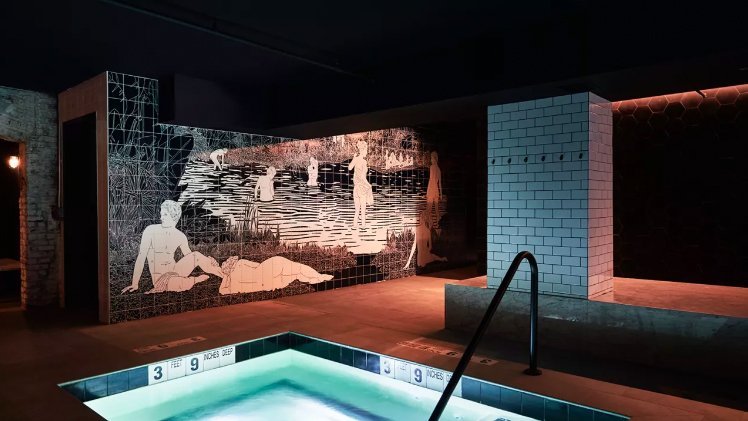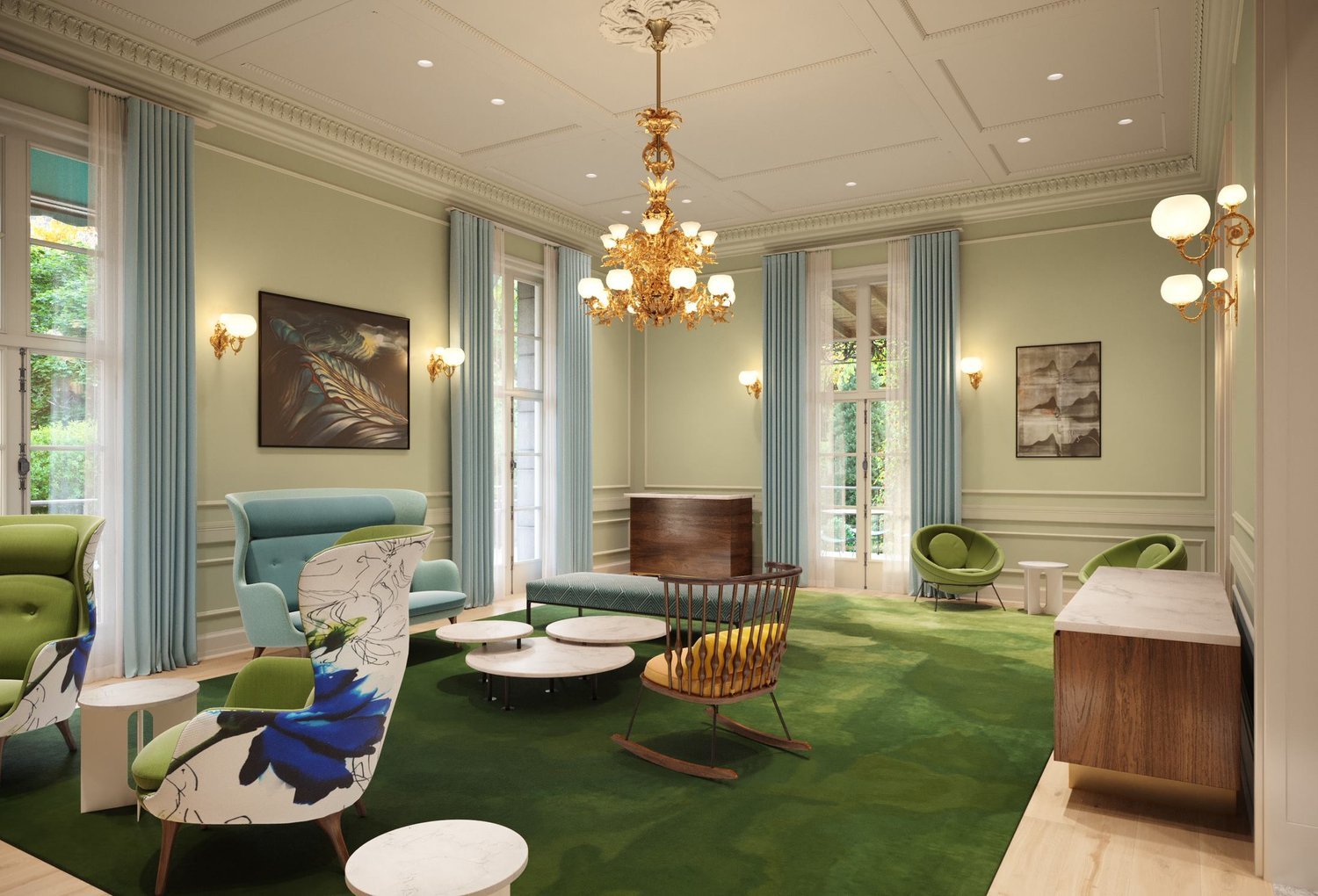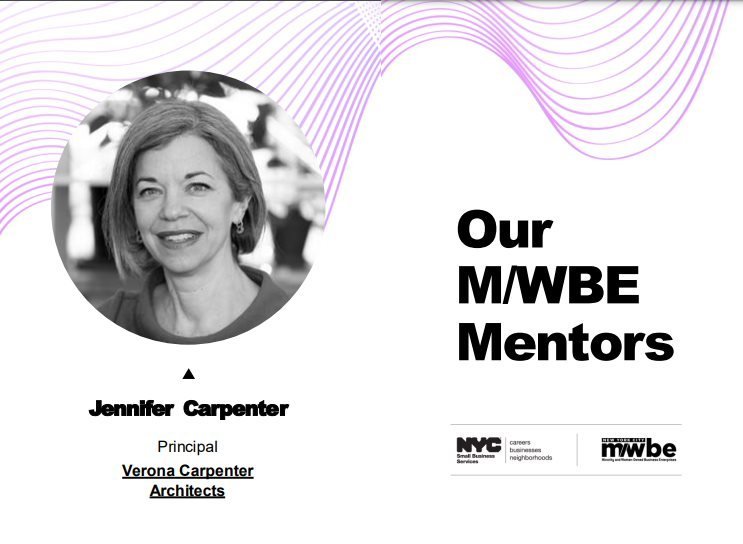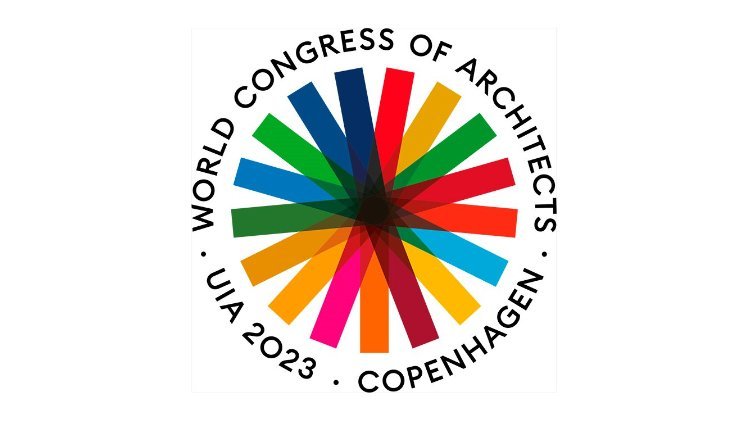Advocating is an integral part of the work Verona Carpenter does. Carpenter led a workshop for the American Institute of Architects (AIA) in New York about rethinking the space from a sensory perspective. In some people, the process of integrating sensory input runs very smoothly; it's easy for them to screen out distracting things for others.
The needs of neurodivergent people are different and often overlooked. Whether it is offices or other workplaces, schools, or public spaces, everyone—not just neurodivergent people— benefits when designed inclusively for people with differing neurotypes. As employees, their unique skills and perspectives include:
Attention to detail and the ability to stay focused on their tasks.
High job retention rate.
Unique perspectives and traits, such as high levels of empathy and creativity as a result of overcoming challenges in their lives. This vantage point makes them good problem solvers.
Verona Carpenter is also part of a project called The Neurodiverse City and developed in collaboration with Bryony Roberts Studio and WIP Collaborative—a feminist collective of seven independent design professionals that won the Design Trust for Public Space's Restorative City competition. The initiative advocates for public spaces in our city that offer inclusive zones where everyone, including those with "invisible disabilities" and sensory sensitives, can come together and find common ground.
"We've been able to explore this idea of inclusion on different scales and formats," said Verona. As you would expect, the firm is involved from pre-design through constructio. The firm is also doing research. Verona Carpenter won a grant to explore the history of inclusion in the classroom. This type of project allows them to check and develop new insights that improve their design.
There's no such thing as a universally calm or comfortable space. Your senses are all taking in information from the environment, and your brain is processing that input. It's thinking about all of the senses, not just the ones that we are used to associating with design, such as the sense of sight.
"We take a sensory approach to design by trying to create choices in the sensory environment," said Carpenter. "People can control the sensory input. It's not just controlling how warm or cool the space is, or control over lighting, but creating zones where people who need to move to focus have an area to do so."
"We're able to work with clients, specifically around creating spaces that are more neuro-inclusive, without doing an entire project," said Carpenter. "Are there simple improvements we can layer onto the existing space without a full renovation that can make a space work better for more people?"
When projects stalled during the pandemic, the team used the time to double down on research, which had been backburnered when they were busy. They will present their research on neurodiversity and sustainability in Copenhagen on July 1 at the World Congress of Architects.
The firm has expanded its services to include consulting on neuro inclusion and is advising another architect on a major university library renovation. The research not only fuels the firm's thought leadership but has enabled it to develop new services. "We are so excited about this type of consulting work because it really expands our reach and ability to affect change outside of the projects that we are fully designing," said Carpenter.
A neurodiversity-informed design approach can identify gaps and ensure an accessible space.
How are you making your working environment more inclusive?
*Ventureneer, the company of the author of the article, administrates the program for NYC Small Business Services.
** Geri Stengel, the author of the article, facilitated the class.













